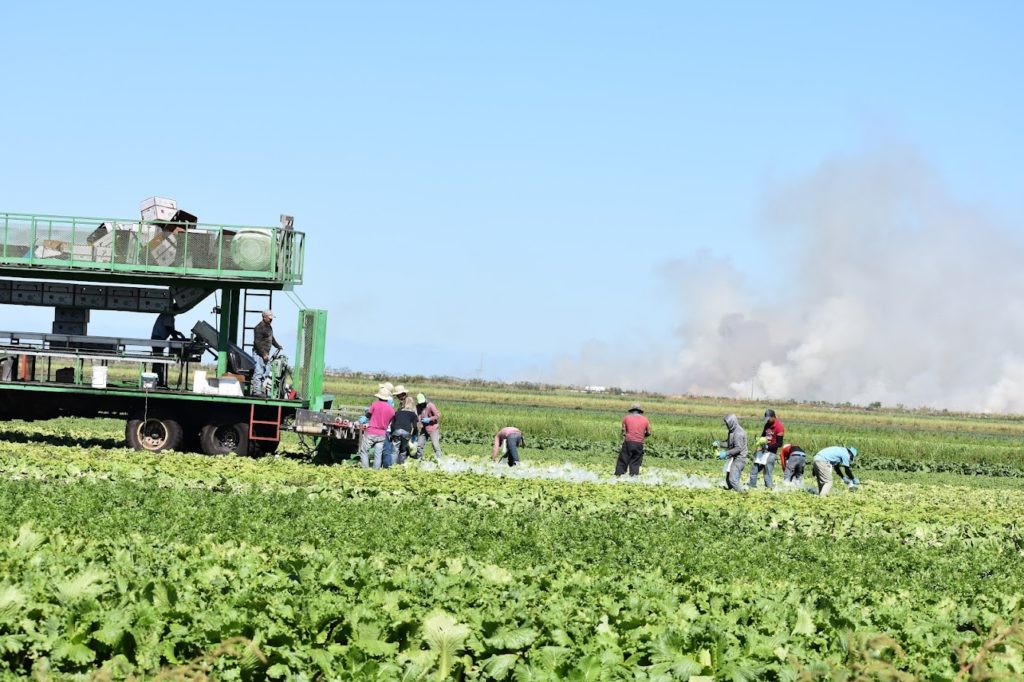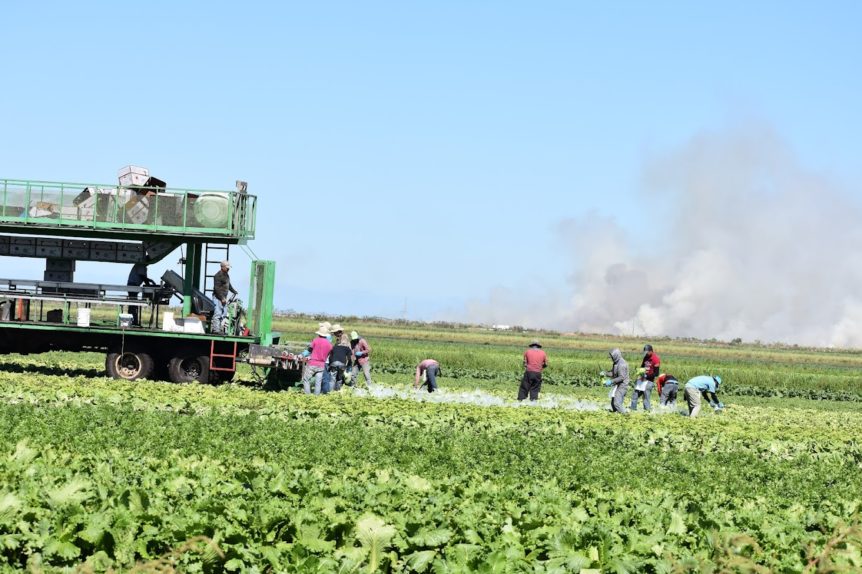
By Clint Thompson
The National Labor Relations Act excludes farm workers from federal protections, which forbids an employer from firing a worker for joining, organizing or supporting a labor union. It is a piece of legislation upheld by the Supreme Court in 2021, citing the 5th and 14th Amendments.
So why is the Department of Labor implementing a final rule that would allow farmworkers to unionize?
It is a decision that baffles Michael Marsh, president and chief executive officer of the National Council of Agricultural Employers (NCAE), who cited the Supreme Court’s June 2021 decision in Cedar Point Nursery v. Hassid.
“This regulation from the Department of Labor would grant access, they call it, workers would be allowed to invite visitors, including union organizers into their housing on the farmer’s property or paid for by the farmer to unionize the workers,” Marsh said. “It’s kind of like the Department of Labor was shaking their finger, and you can pick which finger it is, at the U.S. Supreme Court.
“At the same time, this would allow unionization of farm workers in right to work states which is crazy, because you’re going against another federal law, under the National Labor Relations Act that was passed by Congress. Not only does the Department of Labor not think the Supreme Court understands the law but doesn’t think Congress’ ability to regulate labor in the United States has any business doing that either by going around the National Labor Relations Act.”
DOL Final Rule
The Department of Labor (DOL) announced recently a final rule to strengthen protections for farmworkers. The most controversial inclusion were protections for worker self-advocacy. According to the DOL’s press release, workers may now invite and accept guests, including labor organizations, service providers and others, to their employer-furnished housing.
“I’m pretty sure most of them have been through eighth grade civics class. An eighth grader could probably tell you that the judicial branch has authority over interpreting the law and Congress has authority over creating the laws; not the executive branch and the Department of Labor,” Marsh said.
Marsh also states that, ironically, unionization would not benefit farm workers at all. Wage and working conditions for H-2A workers are already outlined in federal regulations. What can a union do for them anyway?
“The union can’t do anything for the workers, so why would you have them unionize unless it’s simply to pad the pockets of the union bosses that want these workers unionized?” Marsh said.










